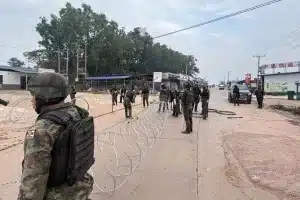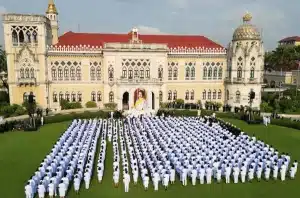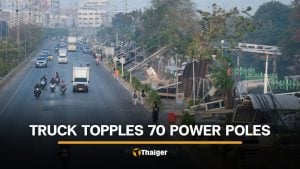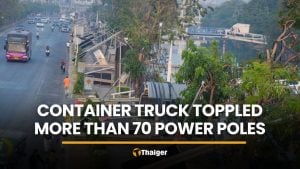ASEAN members to allegedly hold non-official meeting on Myanmar situation
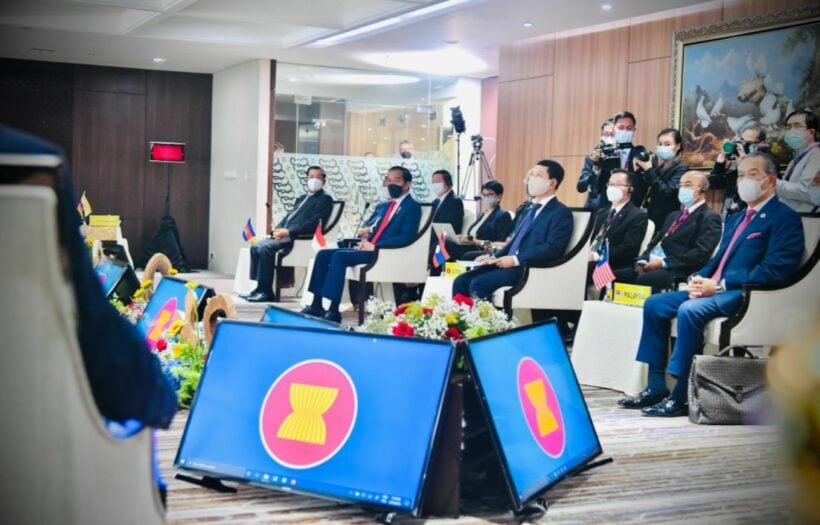
ASEAN members are allegedly being invited to join an open-ended consultative meeting concerning the situation in Myanmar on December 22. Thailand is allegedly hosting the meeting, according to an anonymous source for Teak Door. The source says the meeting is not an official ASEAN meeting, but rather an initiative to update and exchange views informally among colleagues interested in and affected by the Myanmar situation.
The source says Thailand’s neighbouring countries have confirmed their attendance.
“These countries are directly and indirectly impacted by the crisis in Myanmar. ”
The source did not elaborate on how many ASEAN members will join the meeting, saying some members could not come due to the end of year activities.
The Cambodian Deputy Prime Minister and Foreign Minister skipped his third visit to Nay Pyi Taw, as his chairmanship ends on December 31. The source says now is the time, however, to keep everyone in the loop as the new ASEAN chair takes over. Currently, the Cambodian Deputy PM, Prak Sophon, serves as the ASEAN chair.
The source says Thailand is eager to find a common solution to the conflict in Myanmar, with the idea of holding a non-ASEAN meeting being that of nothing new. The source furthered that Thailand is the country that is most directly affected by the situation. Back in 2021, the ASEAN leaders banned Myanmar from ASEAN-related meetings. The summit in Phnom Penh saw the bloc’s leaders furthering their 5-point consensus and pressuring the Myanmar military to comply.
The meeting this week will allegedly allow Foreign Minister Wunna Muang Lwin to join the discussion without breaking the ban from 2021. The US Congress upgraded its Burma Act 2022, to allow the US government to provide non-lethal assistance to the National Unity Government, People’s Defence Forces and Ethnic Armed Organisations. The source says this helped push Thailand’s incentive towards resolving the issue.
“As a key member of ASEAN, Thailand also needs to look at the broader regional implications to ensure peace and stability in the region, just as it did in the Cambodian conflict.”
Latest Thailand News
Follow The Thaiger on Google News:





